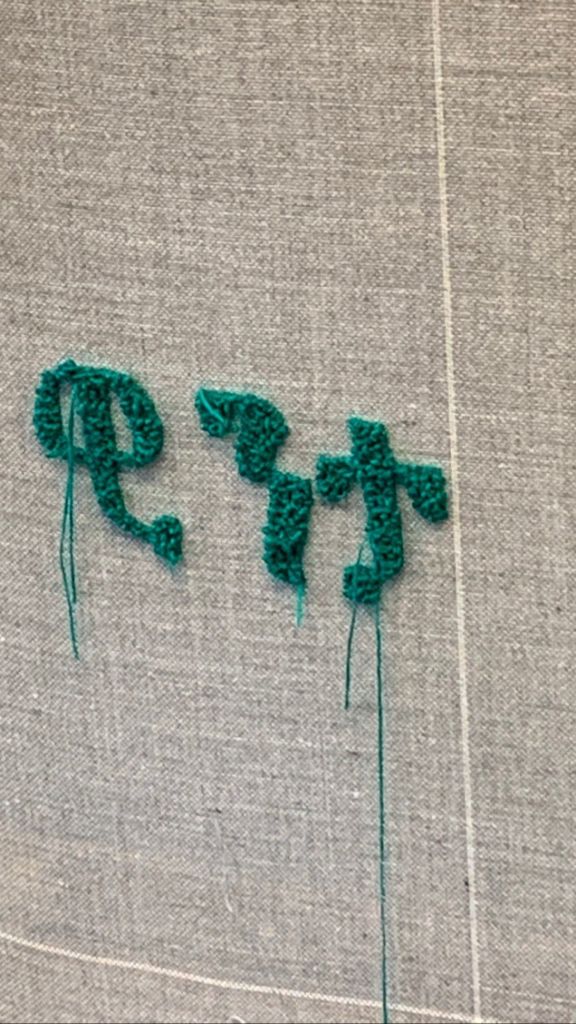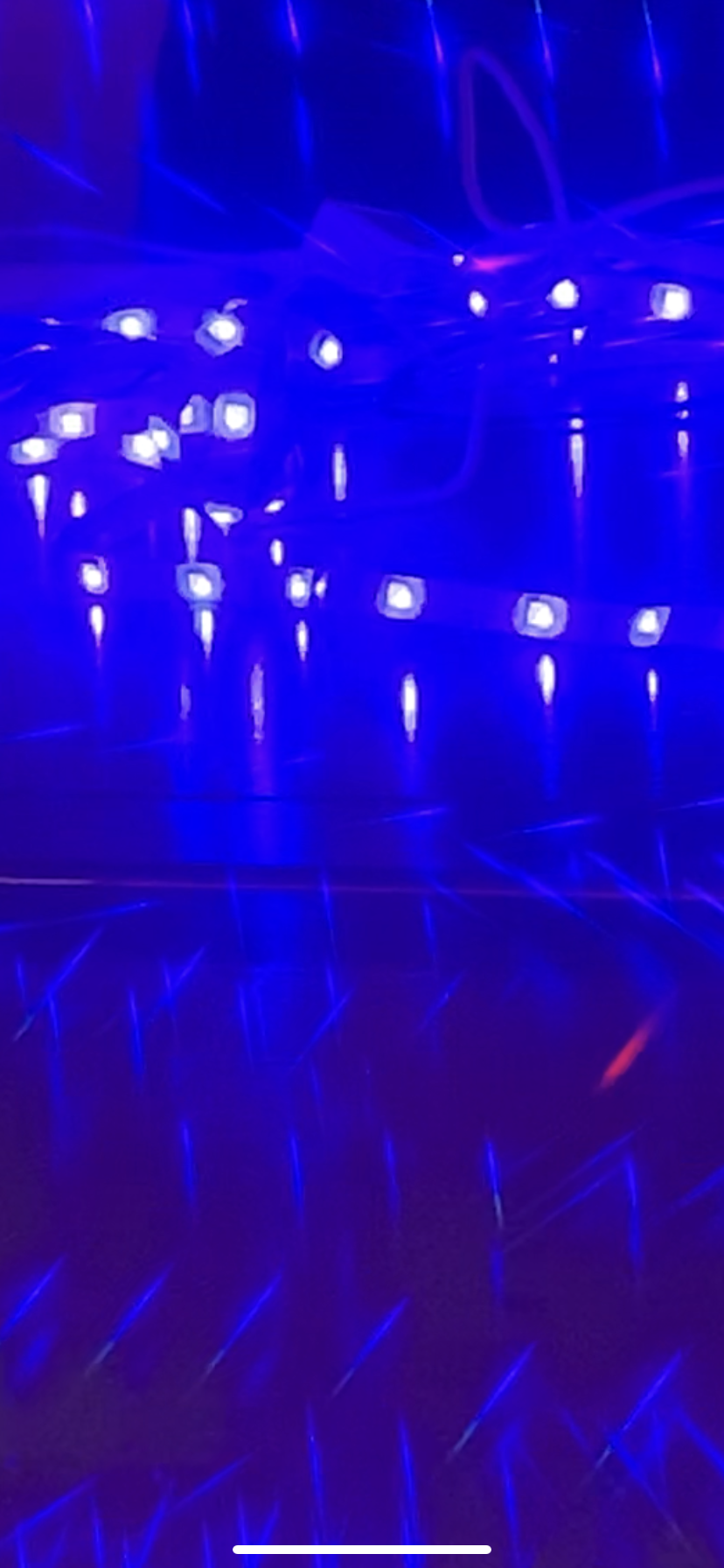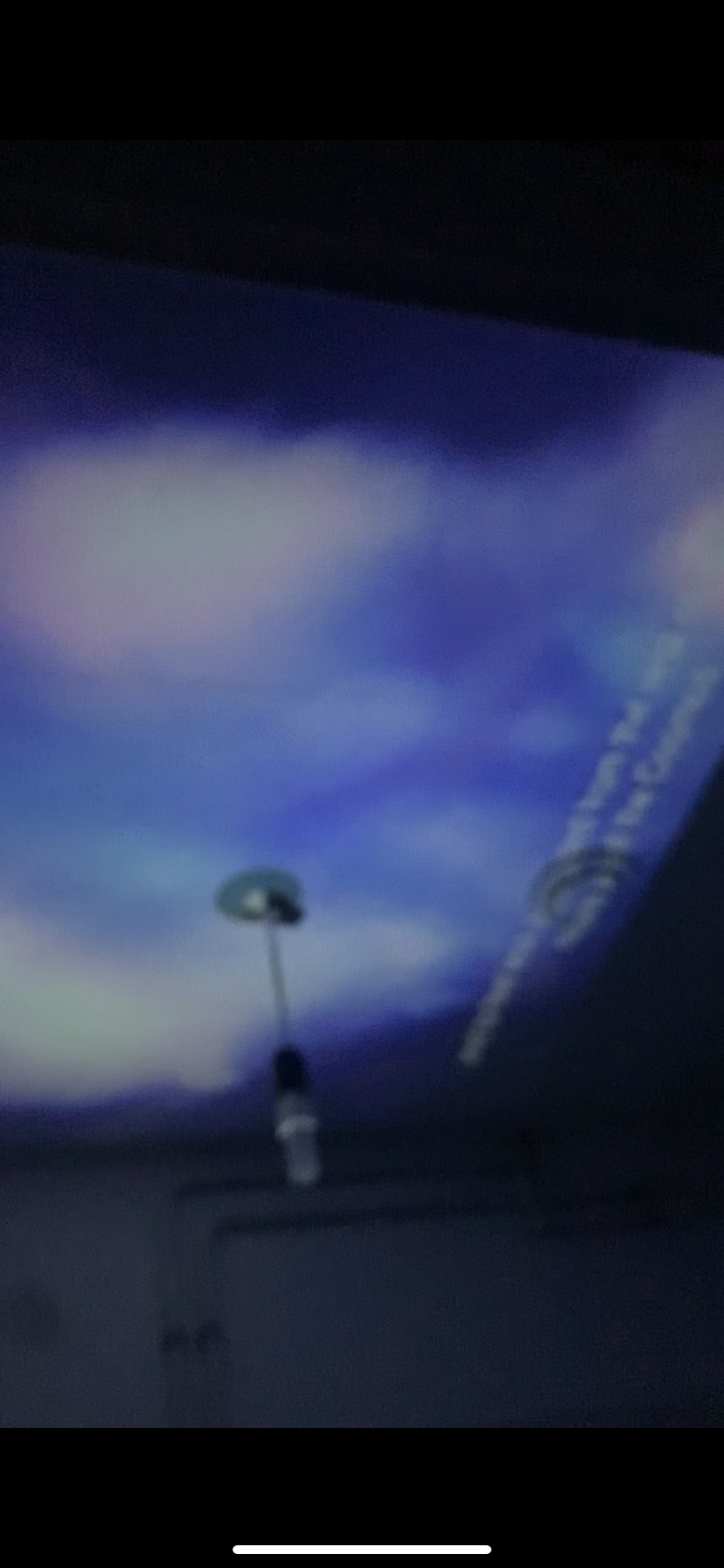home
your body is a city
- costar
winta ghebre
THE ANTI SMOKING PROJECT
DAY 1 of not smoking is quite okay up until now. I woke up feeling a bit crusty cause of a hangover and a sore throat because of chain smoking last night. You can imagine that a cigarette is the last thing I could think about throughout the morning but as soon as I got to coffee company for my daily caffeine inject and one of my friends asked if I wanted to join for her cigarette, it did get me craving that cigarette. I never drink my coffee without a cigarette so that felt strange. Even though I was outside and enjoying my coffee and socialising, the thing I felt was missing was the cigarette.
DAY 2 of not smoking started off easy but is getting more difficult as I’m writing this. I just got to school after having the morning shift at coffee company. It’s quite a full day so I really want to have this structured break of sitting outside and smoking not one but two cigarettes. I feel like everything in my life is rushed now, even though I’ve been bickering about this longer than smoking two cigarettes lasts.
DAY 3 of not smoking is actually quite okay! I expected today to be very difficult, but I woke up feeling quite motivated not to smoke. My throat felt really itchy and disgusting which helped me to realise I shouldn’t smoke cause it’ll make it worse. I do know that the reason for my throat to feel itchy and disgusting is cause I’m not smoking. I felt pretty frustrated today cause my website wasn’t doing what I needed it to do, and really wanted to smoke there and then. But then suddenly I cracked the code (literally) and euphoria took my desire to smoke away. Stress release really helped me out today and really motivated me to continue working rather than keep on desiring a cigarette.
DAY 4 of not smoking I decided to start the day by going to the gym in the morning. My god how this has helped me throughout the day. I felt my throat/lungs cleansing and the energy this has provided me with is incredible. Because of the good energy throughout the day and that resulting in me being productive, it has helped me not think of smoking at all really. Today, I feel great :)
DAY 5 of not smoking was okay. This day really made me realise that what makes me want to smoke the most is social interactions. It’s the comfort of holding a cigarette whilst your friends are in a conversation you’re not a part of. But also the break you take while sipping your beer at a bar. The neurotic movement of smoking to me is the most addictive aspect. It gives me the idea that I can be elsewhere, that I am busy and that I have my own thing when I’m afraid I have nothing to add. To quit this addiction I must be okay with the feeling of silence and boredom not being scary. That you don’t always have to be productive and it’s okay to instead of taking the 5 minute smoke break, to just be.

VIRTUAL SPIRITUAL
Theory:
The under commons
Digital Tarkovsky
The Utopia of the Ordinary Habit
Objects that are there for you
Digital Comfort
The space we design ourselves to be, grow, witness (instant) change, yet accompanied by this device that makes us slow, a device that manipulates us and
Were always disturbed by this device and we fully allow it
The spiritual object to reduce (or increase?) FOMO
Sum up of objects within the object
Notifications (sounds, buzzes, light screen etc)
Autoplay of videos
Instagram posts
Instagram stories
Tiktok videos
Instagram live
What if we perceived our phones as a spiritual object????? If this is the future, can technology be described as our spiritual practice????
Spiritual practice because it’s a habit, we get to connect with the unknown, escape reality, gravity, our souls, but we also become lost souls, out of touch with our spirit, goals, aspirations, we don’t realise much about ourselves
The spiritual can help articulate a politics of feeling that is manifest not just in the overt or visible social movements of conventional politics but in the more literal kinds of movement that make up everyday life practices or forms cultural expression.
Spiritual practice is a way of becoming familiar with what we don’t know. It’s a way to connect with what is beyond and larger than ourselves.
Our post-digital society. We no longer differentiate cyber, or space. We are a human species that needs a bit more time to comprehend the fact our minds move faster online and our physical bodies are in constant adjust. Virtual spirituality has allowed us to not only connect with ourselves but with the close, the mid and the far aways.
In our pockets, our bags, our wrists and on our heads we carry the machine. Unlocked when we wake up, when we go to the bathroom, when we find ourselves in silence with loved ones, when we need comfort, we practice our habit. While physically in the now, our minds fly out of space, into space to discover the unknown. Enriching our mind with political visions, Instagram stories filmed in unknown places on Earth, captions written from perspectives we do not know.
Virtual spirituality is a place where we seek refuge. It’s a space for communal control and once you allow yourself, it’s a space for communal trust. Anybody can be a digital citizen, everybody can be part of the filter bubble. It’s the spiritual escape from reality where we have to give in order to be. Credit and debt work different here, the digital realm has its own form of payment.
DEBT AND FORGETTING
Debt cannot be forgiven, it can only be forgotten to be remembered again. To forgive debt is to restore credit. It is restorative justice. Debt can be abandoned for bad debt. It can be forgotten for bad debt, but it cannot be forgiven. Only creditors can forgive, and only debtors, bad debtors, can offer justice. Creditors forgive debt to offer credit, to of- fer the very source of the pain of debt, a pain for which there is only one justice, bad debt, forgetting, remembering again, remembering it cannot be paid, cannot be credited, stamped received. There will be a jubilee when the North spends its own money, is left with nothing, and spends again, on credit, on stolen cards, on a friend who knows he will never see that again. There will be a jubilee when the Global South does not get credit for discounted contributions to world civilisation and commerce but keeps its debts, changes them only for the debts of others, a swap among those who never intend to pay, who will never be allowed to pay, in a bar in Penang, in Port of Spain, in Bandung, where your credit is no good.
Credit can be restored, restructured, rehabilitated, but debt forgiven is always unjust, always unforgiven. Restored credit is restored justice and restorative justice is always the renewed reign of credit, a reign of terror, a hail of obligations to be met, measured, meted, endured. Justice is only possible where debt never obliges, never demands, nev- er equals credit, payment, payback. Justice is possible only where it is never asked, in the refuge of bad debt, in the fugitive public of strangers not communities, of undercommons not neighbourhoods, among those who have been there all along from somewhere. To seek justice through restoration is to return debt to the balance sheet and the balance sheet never balances. It plunges toward risk, volatility, uncertainty, more credit chasing more debt, more debt shackled to credit. To restore is not to conserve, again. There is no refuge in restoration. Conservation is always new. It comes from the place we stopped while we were on the run. It’s made from the people who took us in. It’s the space they say is wrong, the practice they say needs fixing, the homeless aneconomics of visiting.
Fugitive publics do not need to be restored. They need to be conserved, which is to say moved, hidden, restarted with the same joke, the same story, always elsewhere than where the long arm of the creditor seeks them, conserved from restoration, beyond justice, beyond law, in bad country, in bad debt. They are planned when they are least expected, planned when they don’t follow the process, planned when they escape policy, evade governance, forget themselves, remember themselves, have no need of being forgiven. They are not wrong though they are not, finally communities; they are debtors at distance, bad debtors, forgotten but never forgiven. Give credit where credit is due, and render unto bad debtors only debt, only that mutuality that tells you what you can’t do. You can’t pay me back, give me credit, get free of me, and I can’t let you go when you’re gone. If you want to do something, forget this debt, and remember it later.
Debt at a distance is forgotten, and remembered again. Think of au- tonomism, its debt at a distance to the black radical tradition. In autonomia, in the militancy of post-workerism, there is no outside, refusal takes place inside and makes its break, its flight, its exodus from the inside. There is biopolitical production and there is empire. There is even what Franco ‘Bifo’ Berardi calls soul trouble. In other words there is this debt at a distance to a global politics of blackness emerging out of slavery and colonialism, a black radical politics, a politics of debt without payment, without credit, without limit. This debt was built in a struggle with empire before empire, where power was not with institutions or governments alone, where any owner or colonizer had the violent power of a ubiquitous state. This debt attached to those who through dumb insolence or nocturnal plans ran away without leaving, left without getting out. This debt got shared with anyone whose soul was sought for labor power, whose spirit was borne with a price marking it. And it is still shared, never credited and never abiding credit, a debt you play, a debt you walk, and debt you love. And without credit this debt is infinitely complex. It does not resolve in profit, seize assets, or balance in payment. The black radical tradition is the movement that works through this debt. The black radical tradition is debt work. It works in the bad debt of those in bad debt. It works intimately and at a distance until autonomia, for instance, remembers, and forgets. The black radical tradition is unconsolidated debt.
We went to the public hospital but it was private, but we went through the door marked ‘private’ to the nurses’ coffee room, and it was public. We went to the public university but it was private, but we went to the barber shop on campus and it was public. We went into the hos- pital, into the university, into the library, into the park. We were of- fered credit for our debt. We were granted citizenship. We were given the credit of the state, the right to make private any public gone bad. Good citizens can match credit and debt. They get credit for knowing the difference, for knowing their place. Bad debt leads to bad pub- lics, publics unmatched, unconsolidated, unprofitable. We were made honorary citizens. We honored our debt to the nation. We rated the service, scored the cleanliness, paid our fees.
Then we went to the barbershop and they gave us a Christmas breakfast, and we went to the coffee room and got coffee and red pills. We were going to run but we didn’t have to. They ran. They ran across the state and across the economy, like a secret cut, a public outbreak, a fugitive fold. They ran but they didn’t go anywhere. They stayed so we could stay. They saw our bad debt coming a mile off. They showed us this was the public, the real public, the fugitive public, and where to look for it. Look for it here where they say the state doesn’t work. Look for it here where they say there is something wrong with that street. Look for it here where new policies are to be introduced. Look for it here where tougher measures are to be taken, bells are to be tightened, papers are to be served, neighborhoods are to be swept. Anywhere bad debt elaborates itself. Anywhere you can stay, conserve yourself, plan. A few minutes, a few days when you cannot hear them say there is something wrong with you.
habesha utopia :-----)
it's a good day to think about what you do when you fear you're losing someone - costar
defend your freshness against the tyrant of order
- costar
red bull rusty tezeta
‘Digital Comfort’ is a project that came from a search to spirituality in me. I don’t relate to ‘classic’ spiritual objects, but inspired by a talk with Dieuwke, I decided to search. While re-reading ‘The Utopia of the Ordinary Habit’ I got inspired by the chapter ‘Spiritual Practice (Or, The Sacred Everyday)’. It got me thinking about how cyberspace has become our spiritual practice. Through our online communities and filter bubbles we are able to articulate politics of feeling, practiced in forms of cultural expression. Technology, like spirituality, opens a gate for us to get in touch with what we don’t know and we become in touch with something that is larger than ourselves. Because everyday habit and spirituality have a connection, I feel like the connection between spirituality and technology is something I had to dive deeper in. Especially because I, and many others, would consider technology an everyday habit.
Whilst performing this practice, people find extensions in their human identity and feel less separated from the rest of mankind, nature and the Cosmos. It’s a noosphere where people share their states of thought. People learn from each other, find comfort in one another and may feel a sense of belonging.
I decided to make a visual essay in the form of a video. In the video you only see abstract, diffracted visuals that should give you the feeling of being inside something, but it’s a soothing place. Through the sound, you hear a distorted voice over along with some ambient chords. The ambient chords are there to guide you through the visuals, whilst the distorted voice over (along with subtitles), is there as a conversation starter. What do we actually go through when we perform this spiritual practice? In some ways the voice over is almost meditative, in some ways I make clear statements that can be disagreed upon.
I chose to project this video in the bathroom of our exhibition space, because I for one think people often practice a digital spiritual practice while using the toilet. But I also think entering the bathroom and then encountering my visual essay could metaphorically link to entering cyberspace. The toilet is then the interface and my video is cyberspace. Reason number three is I also want people to experience this alone. Even though it might not feel like it, but while performing a digital spiritual practice you are physically alone. Even if there are people around you, your screen becomes your focus and your subconscious leaves the room.


diffraction baby!
exhibition set up!
filming!!!!!!!!
This practice was more-than-bullshit